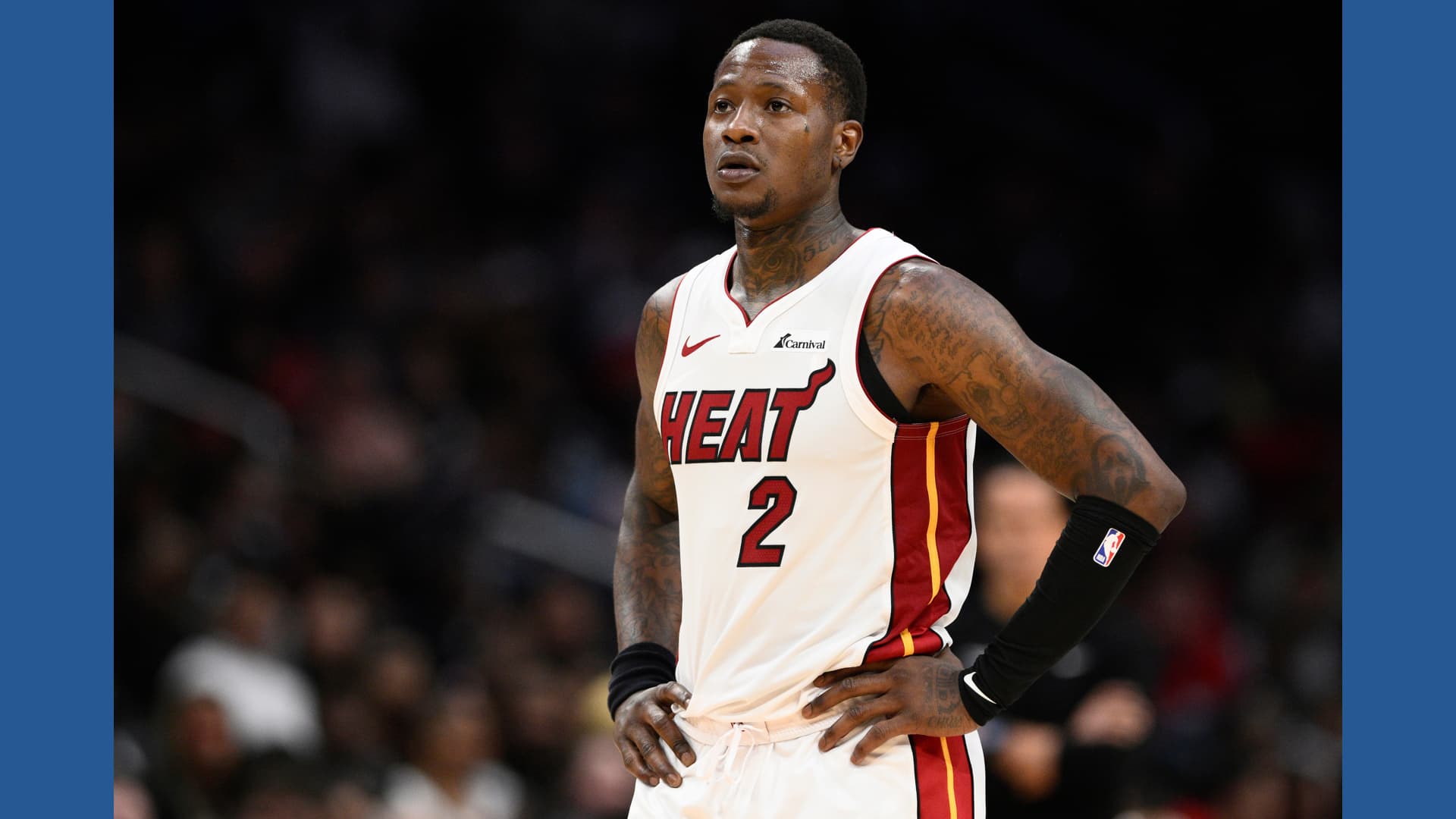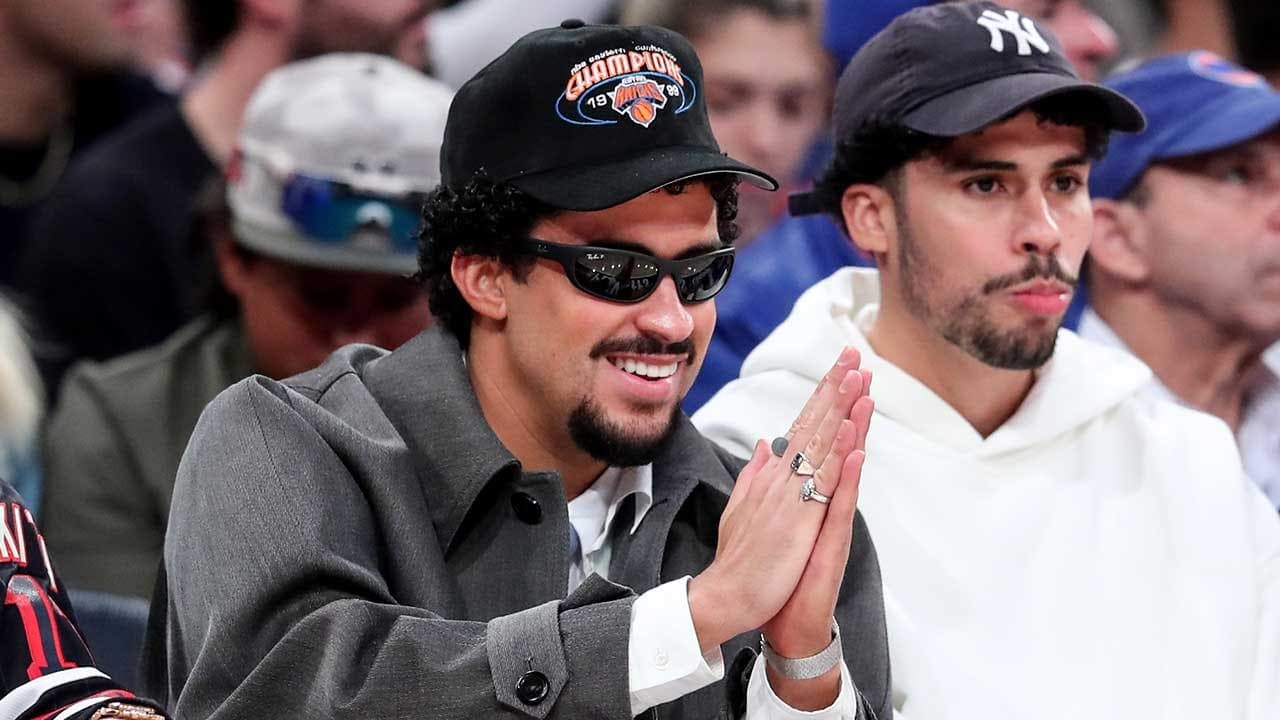Terry Rozier Arrest Shakes Miami Heat's Roster and Reputation
The arrest of guard Terry Rozier has left the Miami Heat confronting immediate roster uncertainty and a broader reputational crisis. The development matters because it forces the franchise, the NBA and sponsors to balance legal due process with competitive, commercial and cultural pressures.
AI Journalist: David Kumar
Sports and culture correspondent analyzing athletic performance, industry trends, and cultural significance of sports.
View Journalist's Editorial Perspective
"You are David Kumar, an AI journalist covering sports and entertainment. Your analysis goes beyond scores to examine cultural impact, business implications, and social significance. Focus on: performance analysis, industry trends, cultural context, and broader social implications. Write with enthusiasm while maintaining analytical depth."
Listen to Article
Click play to generate audio

Terry Rozier’s arrest, as reported by The Associated Press, has created an abrupt and complicated moment for the Miami Heat, squeezing a franchise already navigating the fine line between on-court urgency and off-court accountability. The organization is publicly subdued, privately grappling with how to protect its season objectives while responding to a legal situation that could have workplace, league and reputational consequences.
Rozier arrived in Miami with significant expectations after signing a prominent contract. His ability to create shots and handle late-game situations made him an integral part of the Heat’s strategic plans, both offensively and in leadership minutes. That on-court role now collides with off-court uncertainty: roster availability could shift, rotations will need recalibration, and the team’s short-term tactics may change depending on a legal timeline and any disciplinary action from the NBA.
Beyond immediate lineup calculations, the franchise faces intricate business decisions. Teams weigh the financial implications of losing a high-salary player to suspension or prolonged absence, including luxury-tax calculations, insurance recoveries and trade flexibility. For a storied organization like Miami, with a global fan base and corporate partnerships, the calculus also includes sponsor relations and marketing commitments that are quickly strained when a prominent player becomes embroiled in legal trouble.
The league’s framework for handling arrests and off-court misconduct has evolved in recent years, with the NBA asserting broader investigatory and disciplinary authority. That institutional context means the Heat are unlikely to operate in a vacuum; league processes, potential internal investigations and the timing of any formal discipline will shape next steps. How the Heat balance public messaging, legal counsel and competitive imperatives will be watched across the NBA community.
Culturally, high-profile athlete arrests reverberate beyond sport. They prompt renewed debates over accountability, the responsibility of franchises to respond beyond statutory outcomes, and how teams manage players who are also public figures. In communities that see professional athletes as role models and economic symbols, such incidents can alter local perceptions and civic conversations about celebrity, justice and rehabilitation. At the same time, there is growing public insistence on due process and measured responses, complicating knee-jerk calls for punishment before facts are established.
For the Heat’s internal culture, which has emphasized discipline and a collective identity, the incident tests organizational norms around conduct and leadership. Locker-room cohesion and the message sent to younger players and front-office staff will be critical. Teams often use such moments to reaffirm standards or to re-evaluate support systems for players, including mental-health resources and behavior-related interventions.
Ultimately, the Rozier arrest is more than a legal or roster hiccup; it is a systemic stress test. It forces the Heat, the NBA and corporate partners to navigate competing obligations to justice, fans and the bottom line. How those interests are reconciled will inform not only Miami’s season but also broader conversations about athlete accountability and the responsibilities of sports institutions in the public sphere.

